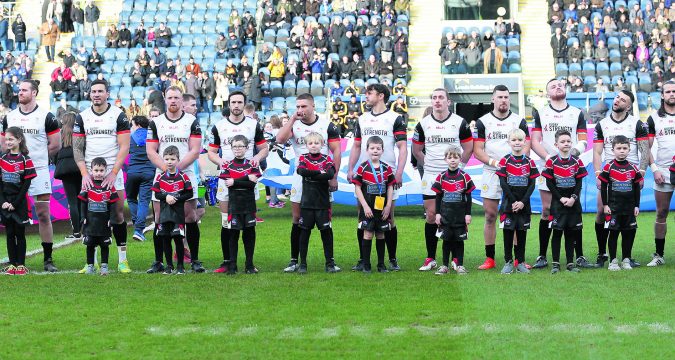 MARTYN SADLER, the editor of League Express, wonders whether Rugby League's current administrators will do justice to the achievements of some of those who went before them.
It's interesting to compare the current Super League administration with the Rugby Football League's administration in the 1920s, in particular on the subject of t
MARTYN SADLER, the editor of League Express, wonders whether Rugby League's current administrators will do justice to the achievements of some of those who went before them.
It's interesting to compare the current Super League administration with the Rugby Football League's administration in the 1920s, in particular on the subject of t What would our forebears have decided?
 MARTYN SADLER, the editor of League Express, wonders whether Rugby League's current administrators will do justice to the achievements of some of those who went before them.
It's interesting to compare the current Super League administration with the Rugby Football League's administration in the 1920s, in particular on the subject of t
MARTYN SADLER, the editor of League Express, wonders whether Rugby League's current administrators will do justice to the achievements of some of those who went before them.
It's interesting to compare the current Super League administration with the Rugby Football League's administration in the 1920s, in particular on the subject of t 